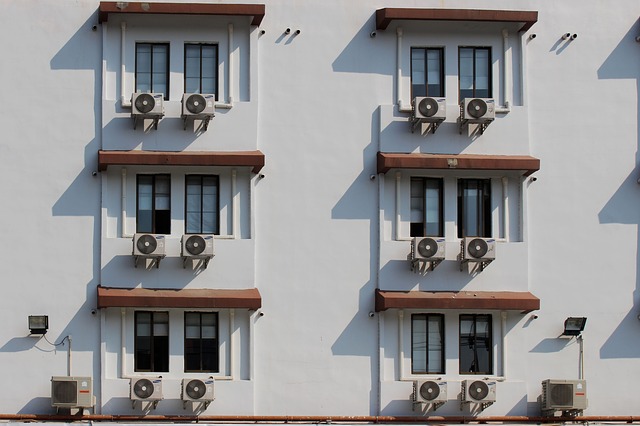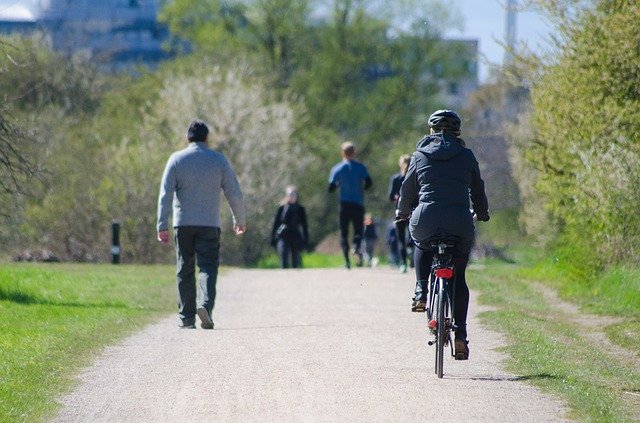Energy sufficiency
Energy sufficiency: A necessity for the climate and resources

Western societies and lifestyles lead to the use of huge amounts of energy for heating and cooling our buildings, eating, moving, etc. If the whole humanity lived like an average European, three planets would be necessary to satisfy its needs.
This overconsumption is a source of pollution and the emission of greenhouse gases which affect the climate and endanger the very conditions of life on Earth.
To address the issue of energy waste, energy sufficiency is being progressively acknowledged by scholars and stakeholders around the world. The term ‘sufficient’ means ‘as much as you need’ or ‘the quality of being good enough’. In the context of energy consumption, ’sufficiency’ has varying definitions used in different disciplines, but relates to consumption levels which provide decent living, while not endangering the carrying capacity of the Earth. Energy sufficiency can be a key further lever, to enable deeper decarbonisation. In 2018 an international expert network on sufficiency (ENOUGH) was initiated, and the website www.energysufficiency.org was launched.
Energy sufficiency and efficiency, two complementary decarbonisation levers

Energy sufficiency can be a key further lever, complementary to energy efficiency, to enable deeper decarbonisation. Thanks to efficiency policies in Europe, vehicles tend to consume less fuel than before.
But this improvement is compensated by the increase in travelled distances and the weight of the average fleet. Sufficiency policies address energy needs, with a view to taking them towards levels enabling to satisfy really useful and well set energy services. As such, they are necessary to complement efficiency policies.
An individual and collective approach
A reflection on our energy needs is the key to tackling energy waste and implementing energy sufficiency. Energy sufficiency is about prioritising energy uses which provide a genuine service, and dropping superfluous ones.
Sufficiency means changing behaviours by better considering their impacts. Such lifestyle changes also depend largely on collective choices, beyond individual ones. It is not enough to want to switch to cycling, cities need to be redesigned to facilitate this.
A fairer consumption
Becoming more frugal is a priority in the most industrialised countries, where energy consumptions have sometimes reached immoderate levels, generating inequalities.
But there are populations in these countries and elsewhere in the world who still struggle to access basic energy services such as heating, cooking and lighting. A lower consumption through sufficiency enables those who need it to consume enough, while mitigating the pressure and conflicts on energy and resources.
In Central Eastern Europe, the CACTUS project aims to explore the tailoring of sufficiency to the local context of high energy imports dependency , high energy poverty, and fast catching-up economy and life-styles, which gives it a particular relevance for the international context.
